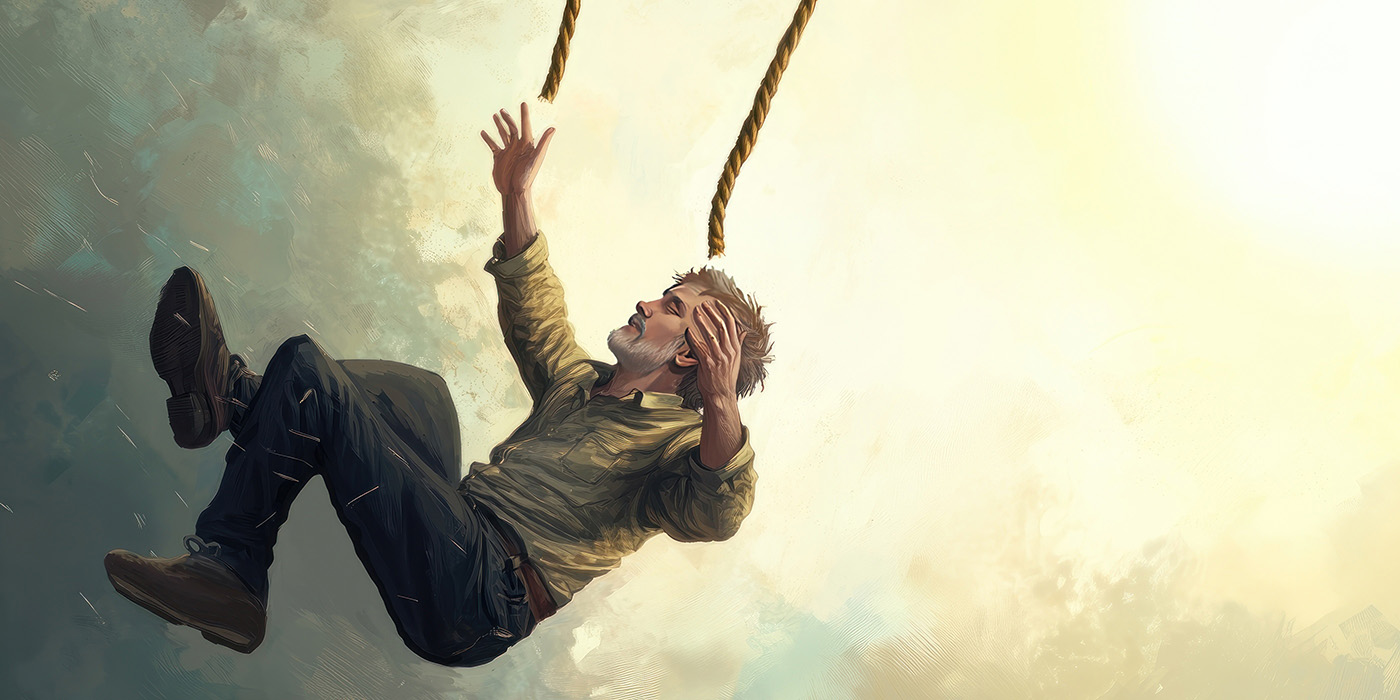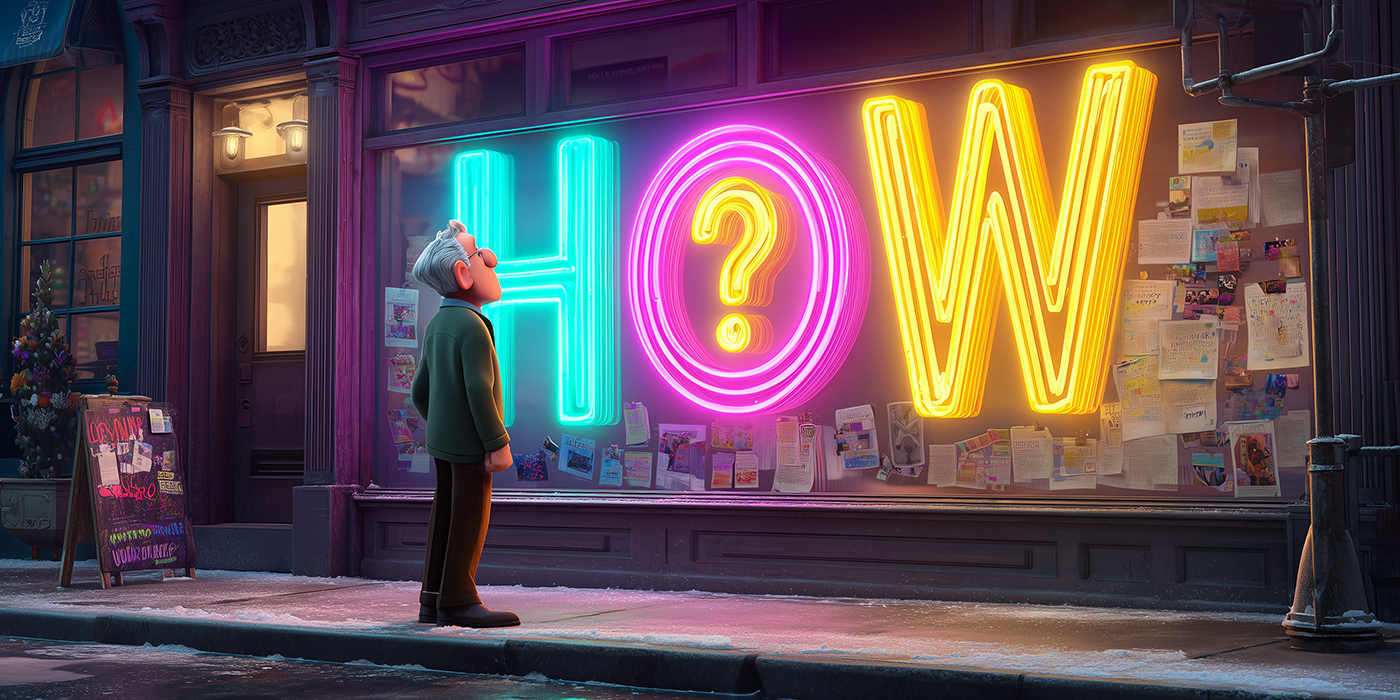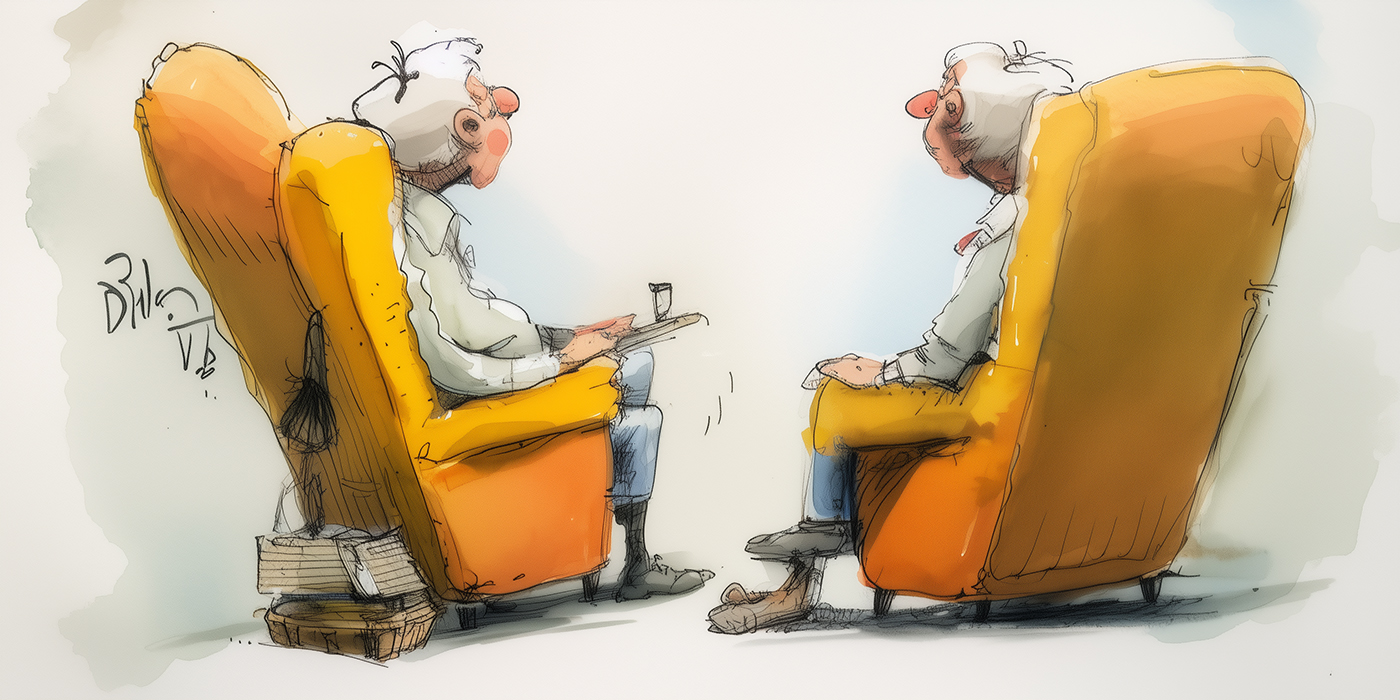
I am very lucky to have an experienced therapist who is a man my age and who has also personally worked the 12 Steps for his own addiction issues; he thoroughly supports 12 Step programs. I have found this kind of outside professional help to be a very positive complement to my recovery in SA.
Not long ago, when working with him through my issues with acceptance, resentments, and repressed anger, he had me make a list of all the losses I had suffered during my lifetime. It included everything from losing pets to the loss of homes due to constantly moving, to my parents’ divorce, to the loss of a marriage, to the deaths of all my grandparents, a parent, close friends, many former schoolmates, coworkers, and even the inexorable passing of my youth.
This past year in SA was a very tough one for me in terms of losses within our fellowship itself. I lost my first sponsor, Luc D., to an untimely accident—and he was still so, so young. It was thanks to him that our small local group started an English-speaking meeting here in Barcelona, as well as the ongoing Wednesday EDIBDI Barcelona Zoom Speaker Meeting. Luc, as many may know, also went on to continue his SA service as editor of this very magazine, traveling internationally to give SA workshops, and as the sponsor of many, many others like me. He gave graciously and freely of his time, sitting with me for hours on a park bench to take me through SA’s 12 Steps for the first time. I miss him dearly.
I also lost my second sponsor this past year, this time to a cancer that he and all of us knew would eventually end his life. David M. was a long-time sober member of SA (35 years) and, for me, an amazing example of selflessness, service, peace, serenity, and acceptance. “There you go, Daniel, making it all about yourself again!” and “What are the four worst words you can say to yourself? ‘I can handle it!’” Amazingly, he continued to call me to check in on almost a daily basis until just two weeks or so before he passed away. I miss him dearly as well.
So, how do I deal with all this and maintain both my emotional and physical sobriety while in recovery? How have I dealt with it?
For me, the answer is in the first three steps: letting go, coming to believe, and then finding a Higher Power of some kind. Even though I tend toward agnosticism on the traditional religious spectrum, my concept of a Higher Power does include the idea that there must be more to existence than this current, very imperfect, physical world. I have no idea what it might be, but I do believe it is there, waiting. Maybe my tombstone should read, “Off on the next adventure!”
This makes it much easier for me to move into the realm of acceptance of loss. As it says on page 418 of the Big Book: “And acceptance is the answer to all my problems today.”
David M., in his final days, was a shining example to me of how this kind of complete surrender and “acceptance” ought to work—and he was facing the ultimate test. For that amazing life lesson, I will be forever grateful.
Finally, bringing these things into the light with other SA fellows was key. Last October, a SA sister from Egypt shared in a Zoom meeting on the topic of grief and loss. Afterwards, in the virtual parking lot, one of those magic meetings of souls occurred as we all took turns sharing about the losses that we had all experienced, both recently and throughout our lives. We talked of loved ones. We talked of beloved family pets. We talked of abuse. We talked of our departed SA brothers and sisters. Although tearful to me, it was also beautiful, cathartic, and cleansing.
Daniel J., Barcelona, Spain






